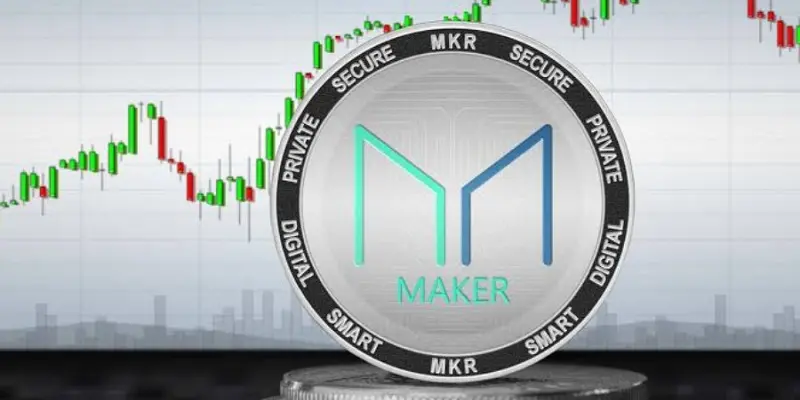Zcash (ZEC): Privacy and Security in the Digital Age
In an era where data privacy and security have become paramount concerns, Zcash (ZEC) stands out as a cryptocurrency that prioritizes user privacy through advanced cryptographic techniques.
Zcash is designed to enable private, secure, and untraceable transactions while still maintaining the benefits of a decentralized digital currency.
In this article, we will explore how Zcash is leading the way in preserving privacy and security in the digital age.
The Need for Privacy in the Digital World
In today’s interconnected world, personal and financial information is constantly at risk of being exposed to surveillance, hacking, and data breaches.
Traditional financial systems often lack the necessary privacy protections, leaving individuals vulnerable to identity theft and financial fraud.
Cryptocurrencies like Zcash aim to address these concerns by providing users with the option to conduct transactions privately and securely.
Privacy Features of Zcash
Zcash employs zero-knowledge proofs, a powerful cryptographic technique that allows users to prove the validity of a transaction without revealing any sensitive information.
This technology, known as zk-SNARKs (Zero-Knowledge Succinct Non-Interactive Arguments of Knowledge), enables users to conduct transactions with shielded addresses, where the sender, recipient, and transaction amount are all encrypted.
By utilizing zk-SNARKs, Zcash ensures that transaction details remain confidential, protecting user privacy. This feature sets Zcash apart from other cryptocurrencies that operate on public blockchains, where transaction details are visible to anyone.
Zcash offers individuals the freedom to choose whether they want to make transparent or shielded transactions, depending on their privacy preferences.
Transparency and Auditability
While Zcash emphasizes privacy, it also recognizes the need for transparency and auditability. The cryptocurrency employs a dual-architecture approach, allowing for both shielded and transparent transactions.
Transparent transactions in Zcash function similarly to those in other cryptocurrencies like Bitcoin, where the transaction details are publicly visible on the blockchain.
The ability to choose between transparent and shielded transactions provides users with flexibility. They can decide when to prioritize privacy and when to opt for transparency, depending on the context and their specific needs.
Cryptographic Integrity and Security
Zcash places a strong emphasis on cryptographic integrity and security. The underlying cryptographic algorithms used in Zcash are thoroughly vetted and widely regarded as secure.
The zk-SNARKs technology that powers Zcash’s privacy features has undergone rigorous testing and review by experts in the field to ensure its reliability and resistance to potential attacks.
Additionally, Zcash employs rigorous security measures to protect against potential vulnerabilities and exploits. The development team actively works on maintaining and improving the security of the protocol to address any emerging threats.
Applications and Use Cases
The privacy features of Zcash have broad implications for various industries and use cases. In the financial sector, Zcash can enable confidential transactions and protect sensitive financial information.
It can also be used for secure peer-to-peer payments, private donations, and preserving the confidentiality of business transactions.
Moreover, Zcash’s privacy-focused approach has relevance beyond individual users. It can benefit enterprises and institutions that handle sensitive data, ensuring the privacy and security of their transactions and communications.
Conclusion
Zcash (ZEC) is at the forefront of preserving privacy and security in the digital age. By employing zero-knowledge proofs and offering users the option to conduct shielded transactions, Zcash provides individuals and businesses with a powerful tool to safeguard their financial transactions and sensitive information.
As privacy concerns continue to rise, Zcash’s commitment to user privacy and its focus on cryptographic integrity and security position it as a crucial player in the quest for privacy in the digital realm.



